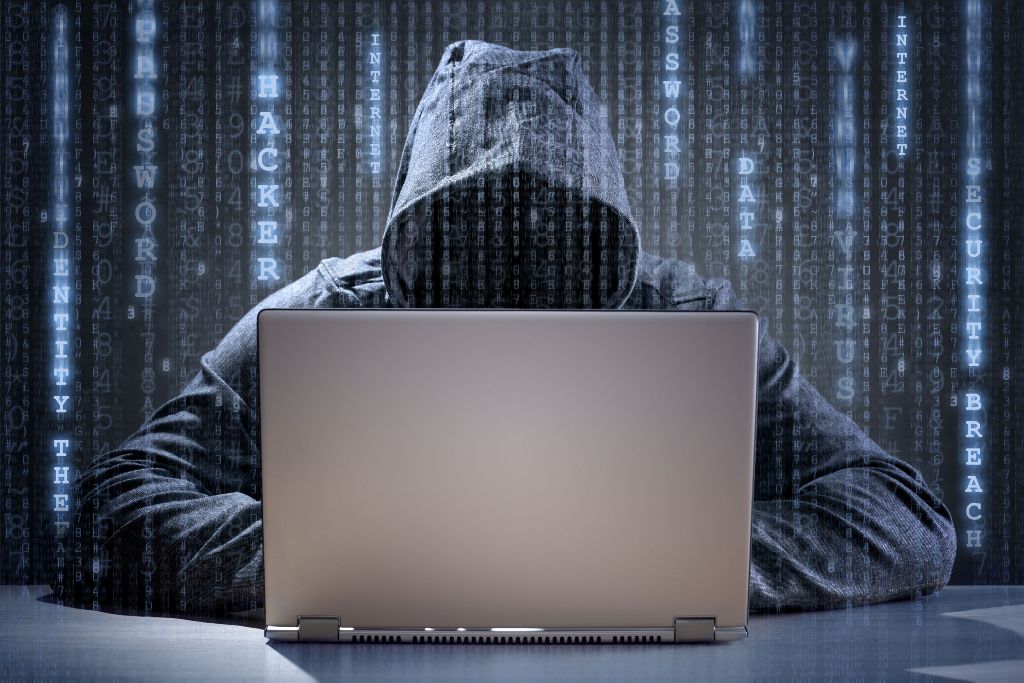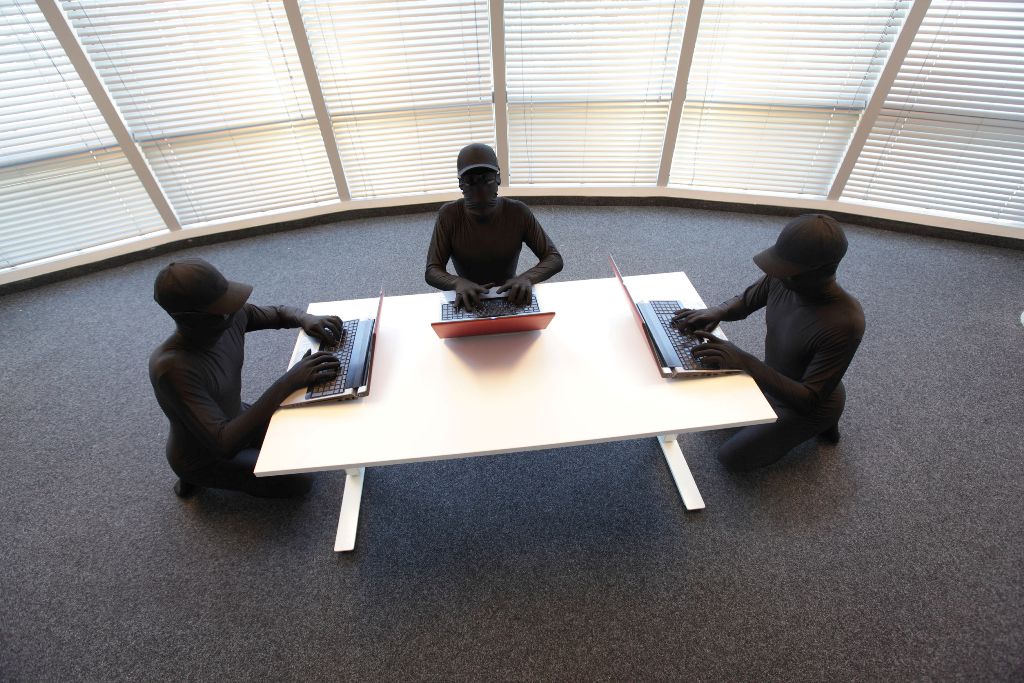The Most Notorious Hacker Groups: The Current State Of Global Cybersecurity
It’s easy to develop a false sense of security on an e-commerce site when a small “lock” icon appears on your browser, or when you see an official-looking seal that proudly proclaims that you’re visiting a “secure” site.

And then you see the headlines.
"Secure Government Database Hit By Hacker Groups"
"Millions Of Customer Credit Card Numbers Stolen From Online Site"
"Cybersecurity Breach Leaves Social Security Numbers, Health Records Vulnerable"
What in the world is going on?
Minor security breaches are often linked to small-time online thieves. But big breaches – the ones which make news – are almost always the work of sophisticated and notorious hacker groups, which are still wreaking havoc on the Internet as continuing threats to global cybersecurity.
Anonymous

The best-known, most prodigious and most accomplished hacker group of all time has dubbed itself "Anonymous." A large decentralized network of hackers and social activists, Anonymous has been responsible for a huge number of the century’s most notorious hacks, many of them DDoS (Distributed Denial of Service) attacks.Among their targets: the Church of Scientology, child pornography, the recording and motion picture industries, Visa, Mastercard and Paypal, the Ku Klux Klan, and government agencies in the US and Israel as well as the terrorist group ISIS. Dozens of group members have been arrested over the years with little overall effect on Anonymous activities; the loosely-organized nature of the group works to protect its individual members. Many of the network’s hacks and activities, including their support of Occupy movements and responses to racially-sensitive police shootings and hate crimes, have won Anonymous a large base of public support despite its illegal activities.
Guardians of Peace/North Korea
An online attack on Sony Pictures, leading to the release of confidential data and embarrassing information, wouldn’t seem to be that a big deal. What made this hack by a group calling itself “Guardians of Peace” so notorious is that a government was actually responsible. North Korea was behind the attack, apparently triggered by anger over an upcoming Sony comedy release ridiculing the nation’s leader. The film was pulled (but later released in a small number of theaters) and President Obama promised a response; shortly thereafter, there were major outages and disruptions to North Korea’s Internet service, and America instituted new economic sanctions against the country.
Russian Hackers

A sophisticated group of Russian hackers believed to have links to the Putin government staged the largest ongoing bank robbery in history from 2013 and 2015, and the group has not yet been caught. An estimated one billion dollars has been taken in raids on more than 100 banks worldwide, through a scheme which first involved hacking the banks’ computer systems, and then either transferring money into fake accounts or programming ATMs to distribute money on specific schedules. One thing that makes this hacking so alarming is that it was discovered by a major international cybersecurity firm, which remained powerless to stop it.
In reality, the Internet is not as secure as banks, department stores and credit card companies would like you to believe. As quickly as global cybersecurity companies uncover threats or plug holes, new groups and hacks quickly surface, threatening massive new data breaches. The current state of global cyber security, frankly, is nowhere near as good as it needs to be.
That doesn’t mean you should go back to only using checks and cash – or shells and beads. It does mean that you shouldn’t ignore warnings about basic online security measures in the same way you ignore the "terms and conditions" on a website. You may not be able to do much on a personal level to battle sophisticated hacking networks, but it’s important that you do all you can to protect your own devices and information.



